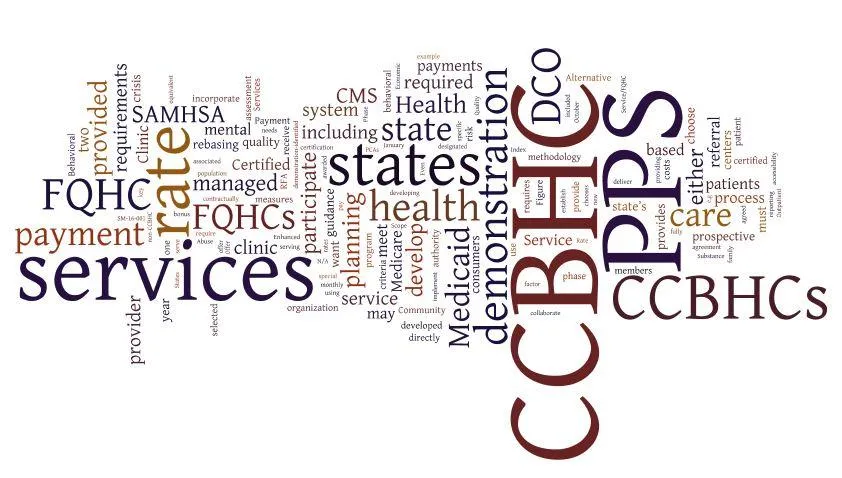AFSCME Members Urge Congress to Pay for Behavioral Health Clinics

Health care legislation that is a priority for AFSCME is beginning to advance in Congress, thanks in part to pressure from members.
Last week, the health subcommittee of the House Committee on Energy and Commerce held a hearing on several critical health care bills facing funding shortfalls, including the Excellence in Mental Health and Addiction Treatment Expansion Act.
This legislation, a priority for AFSCME’s United We Heal campaign, is facing two funding deadlines in the coming months.
The first, for a short-term infusion of cash, comes at the end of this month. If Congress misses it, Certified Community Behavioral Health Clinics (CCBHCs) in Oregon, Minnesota, Missouri, Nevada, New Jersey, New York, Oklahoma and Pennsylvania will run out of money.
The second deadline is on Sept. 30. Congress must pass a two-year funding measure before the next fiscal year starts Oct. 1 for CCBHCs to be adequately funded for the coming year.
Members of District 1199J NUHHCE (New Jersey), Council 5 (Minnesota), and Council 75 (Oregon) who provide behavioral health services at CCBHCs submitted letters supporting the legislation to the House committee. Click here, here and here to read the letters.
Without action, more than 9,000 people could lose their medication-assisted treatment and some 3,000 clinic workers could lose their jobs. This includes AFSCME members across the country like Alexandra Birch who are delivering “whole health care” – integrated mental health and addiction services, primary care and housing – through the CCBHC program.
Birch is a qualified mental health associate at Cascadia Behavioral Health in Portland, Oregon, and a member of AFSCME Council 75. Birch’s position is funded through a CCBHC grant. Her work, which entails providing primary care at outpatient behavioral health care clinics, is a direct result of funding for these programs.
“Once hired, I got the amazing experience to directly address the physical health and mental health interaction in people as well as a community,” said Birch in a letter submitted by Council 75.
“I saw clients with anxiety … and had very high blood pressure and was able to connect them to a doctor. I saw clients on certain anti-depressants that had experienced weight gain as a result, which put them at higher risk of developing diabetes; I was able to direct them to in-house primary care, (because) with the CCBHC funds, Cascadia was able to bring primary care into the outpatient behavioral healthcare clinics,” she added.
“Having primary care has been instrumental in our integration efforts, as it makes consultation between providers easy and accessible, which ultimately means we can identify the best route of care for a client, and thus get them on the road to wellness quicker,” Birch said.
